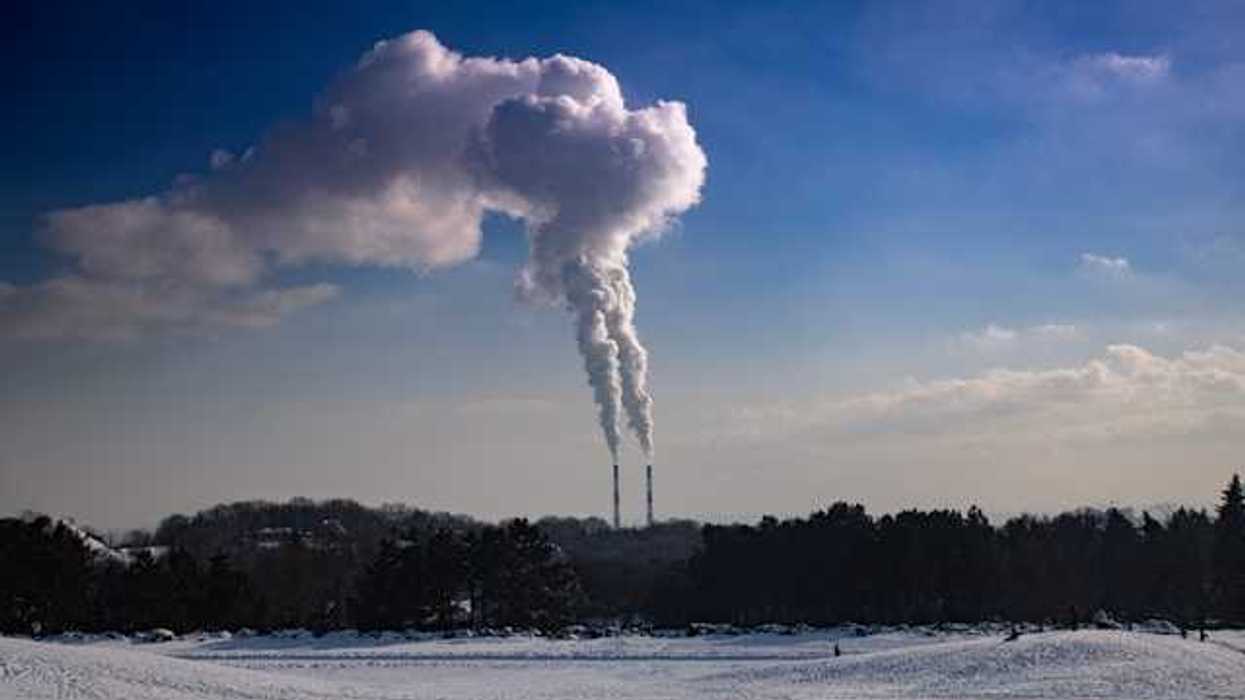Federal appliance efficiency rules that have cut energy costs and reduced pollution for decades are under threat as President Trump moves to reverse standards adopted under previous administrations.
David J. Vogel writes for The Conversation.
In short:
- Appliance efficiency standards began in the 1970s and now cover more than 70 products, saving U.S. consumers billions of dollars annually and cutting carbon emissions.
- The Trump administration has rescinded or delayed several rules issued during the Biden presidency, including those for electric motors, ceiling fans and water heaters, claiming they restrict consumer choice.
- While federal authority preempts state standards once national rules are set, 18 states have still created their own regulations for products not yet covered federally.
Why this matters:
Appliance energy efficiency standards are one of the U.S. government’s most powerful tools to reduce both consumer energy costs and the environmental damage caused by burning fossil fuels. Without minimum performance requirements, manufacturers have less incentive to design for efficiency, potentially locking in wasteful energy use for years. These standards not only save money on utility bills but also reduce pollution from power plants, which emit nitrogen oxides, sulfur dioxide and mercury — pollutants linked to asthma, cardiovascular disease and neurological damage. The rollback of such standards could lead to increased electricity demand, prolong reliance on fossil fuel-based infrastructure, and worsen air quality. Energy efficiency policy in the U.S. is now at the center of a broader fight over climate strategy, consumer costs, and the federal government’s role in public health protection.
Related: Trump sidesteps legal limits in bid to gut appliance energy rules














